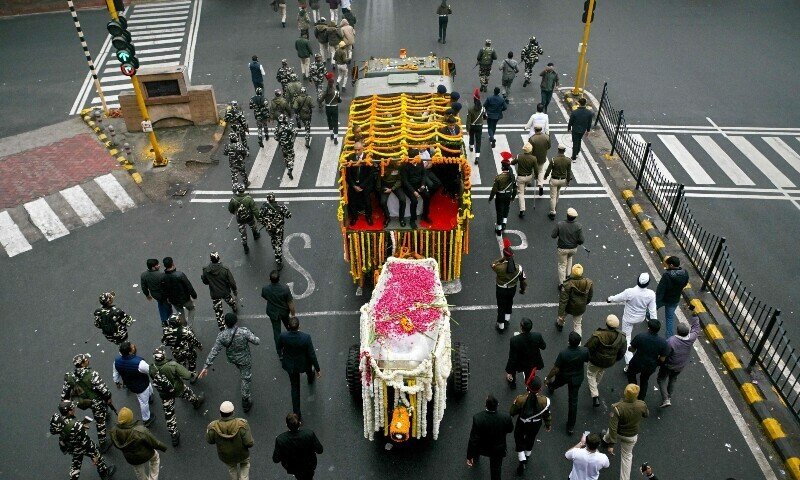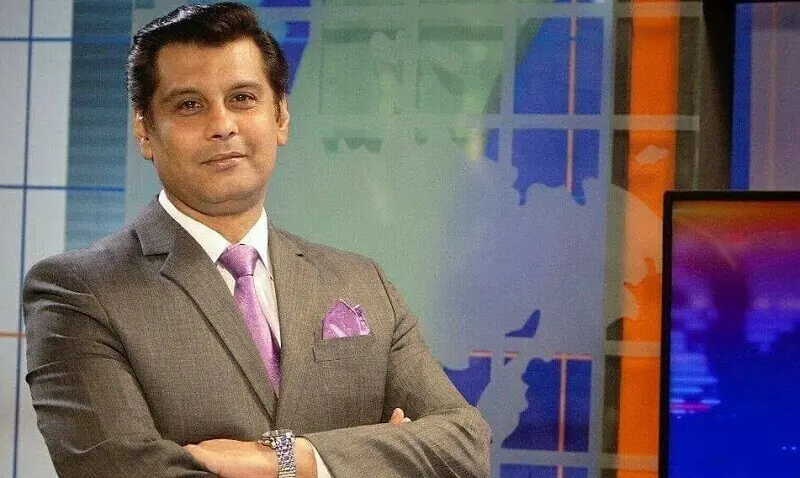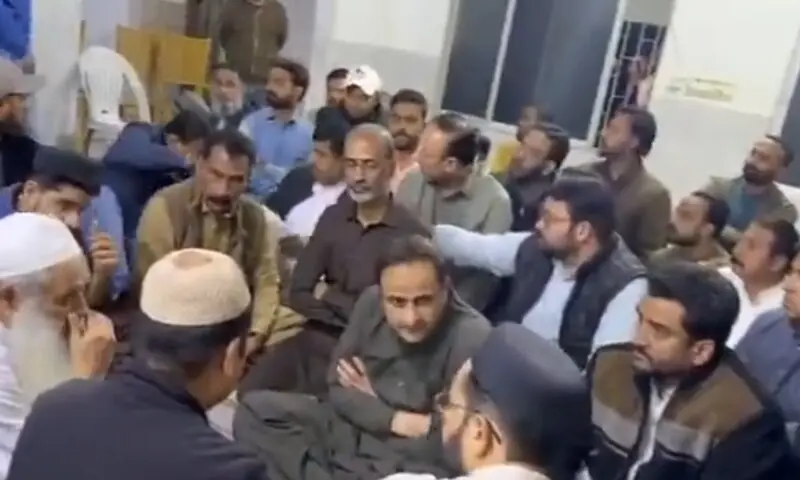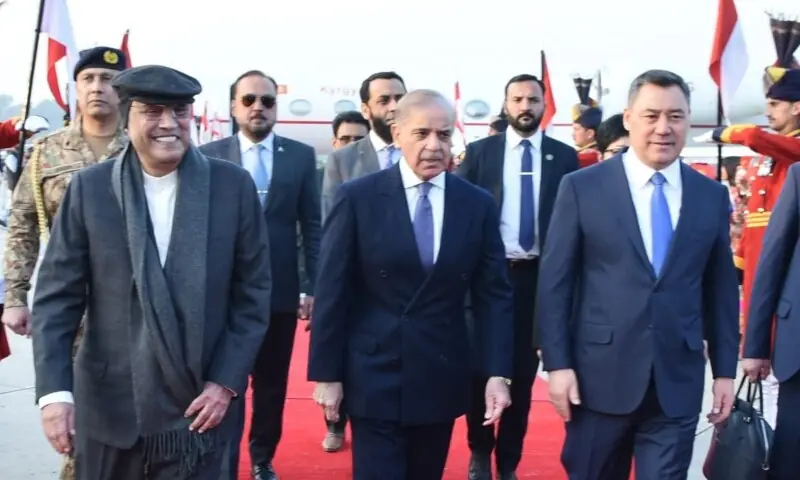Mourners in India’s capital gathered Saturday to pay their respects to former Prime Minister Manmohan Singh ahead of the state funeral of the key man in the country’s economic liberalization.
Singh, who held the position from 2004 to 2014, died at the age of 92 on Thursday, following which seven days of state mourning were declared.
His coffin, draped in flower garlands, was flanked by an honor guard and taken to the Congress Party headquarters in New Delhi.
He will later be taken to the capital to be cremated, accompanied by soldier guards, and given full state honors.
Prime Minister Narendra Modi, who is expected to attend the funeral along with other leaders, called Singh one of India’s “most distinguished leaders.”
Opposition Congress leader Rahul Gandhi said he had lost “a mentor and a guide”, adding that Singh had “led India with immense wisdom and integrity”.
US President Joe Biden called Singh a “true statesman” and said he “charted groundbreaking progress that will continue to strengthen our nations – and the world – for generations to come.”
The former prime minister was a low-key technocrat who was hailed for overseeing an economic boom in his first term.
Singh’s second term ended with a series of major corruption scandals, slowing growth and high inflation.
Singh’s unpopularity in his second term and the lackluster leadership of Nehru-Gandhi scion Rahul Gandhi, the current leader of the opposition in the lower house, led to Modi’s first landslide victory in 2014.
‘Service to the nation’
Born in 1932 in the mud-brick village of Gah, in what is now Pakistan and was then British-ruled India, Singh studied economics to find a way to eradicate poverty in the vast nation.
He won scholarships to attend both Cambridge, where he earned his first degree in economics, and Oxford, where he completed his PhD.
Singh worked in a number of senior civil service positions, serving as a central bank governor and also holding several positions in global agencies, including the United Nations.
In 1991, the then Congress Prime Minister PV Narasimha Rao appointed him to serve as Finance Minister and lead India out of the worst financial crisis in its modern history.
Although he had never held elective office, in 2004 he was declared the National Congress’s candidate for the highest office.
In his first term, Singh led the economy through a period of nine percent growth, giving India the international influence it had long sought.
He also sealed a historic nuclear deal with the United States that he said would help India meet its growing energy needs.
President Droupadi Murmu said Singh “will always be remembered for his service to the nation, his impeccable political life and his utmost humility.”









